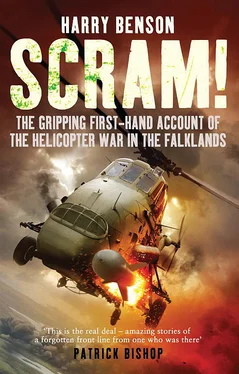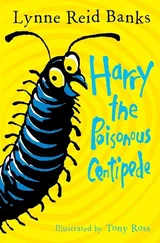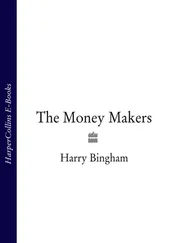Harry Benson - Scram!
Здесь есть возможность читать онлайн «Harry Benson - Scram!» весь текст электронной книги совершенно бесплатно (целиком полную версию без сокращений). В некоторых случаях можно слушать аудио, скачать через торрент в формате fb2 и присутствует краткое содержание. Город: London, Год выпуска: 2012, ISBN: 2012, Издательство: Preface Publishing, Жанр: Биографии и Мемуары, military_history, nonf_military, на английском языке. Описание произведения, (предисловие) а так же отзывы посетителей доступны на портале библиотеки ЛибКат.
- Название:Scram!
- Автор:
- Издательство:Preface Publishing
- Жанр:
- Год:2012
- Город:London
- ISBN:978-1-84809-362-1
- Рейтинг книги:4 / 5. Голосов: 1
-
Избранное:Добавить в избранное
- Отзывы:
-
Ваша оценка:
Scram!: краткое содержание, описание и аннотация
Предлагаем к чтению аннотацию, описание, краткое содержание или предисловие (зависит от того, что написал сам автор книги «Scram!»). Если вы не нашли необходимую информацию о книге — напишите в комментариях, мы постараемся отыскать её.
Harry Benson has interviewed forty of his former colleagues for the book creating a tale of skill, initiative, resourcefulness, humour, luck, and adventure. This is a fast-paced, meticulously researched and compelling account written by someone who was there, in the cockpit of a Wessex helicopter.
Few of these pilots have spoken publicly about:
• The two helicopter crashes and eventual rescue following a failed SAS mission high up on an in hospitable glacier in South Georgia
• The harrowing story of the Exocet strike that sunk the transport ship Atlantic Conveyor
• The daring missile raid on the Argentine high command in Port Stanley
• The constant mortar fire faced while supporting troops and evacuating casualties
• The hair-raising head-on attacks by Argentine jets on British helicopters
• The extraordinarty courage shown during the evacuation of the bombed landing ship • The secret nighttime low-level missions to insert and resupply SAS and SBS using night vision goggles
If you liked
,
and
you’ll love The word “Scram” was used to warn other
to go to ground or risk being shot down by their own side as Argentinean jets blasted through ‘bomb alley 014’.
Soon after the Argentine army invaded the Falklands in the early hours of 2 April 1982, it was the Royal Navy commando helicopter pilots, nicknamed
, who flew most of the land-based missions in the Falklands in their Sea King and Wessex helicopters. Facing both mortar fire and head-on attacks by Argentine jets, they inserted SAS patrols at night, rescued survivors of Exocet attacks and mounted daring missile raids, as well as supporting the British troops and evacuating casualties, often in appalling weather conditions.
Harry Benson was a twenty-one-year-old
Wessex pilot, fresh out of training, when war started. He has interviewed over forty of his former colleagues for this book, creating a fast-paced, meticulously researched and compelling account written by someone who was there, in the cockpit of a Wessex helicopter. From the Inside Flap
‘Scram! Scram! was all I heard though my coms as I caught sight of two Argentine A-4 Skyhawks blasting through bomb alley toward the anchored British flotilla. In front of me every ship opened up with everything they had as missiles and tracer streaked though the sky to meet the incoming aircraft. All we could do as helicopter pilots caught out in the open was head for the hills. Literally.’


















